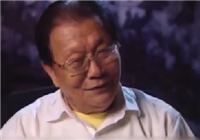Wu Renbao, the late CPC secretary of Huaxi Village, the most affluent village in China, led the villagers to achieve common prosperity and become an outstanding representative of Chinese rural cadres with the spirit of not being afraid of hardship and dare to fight.
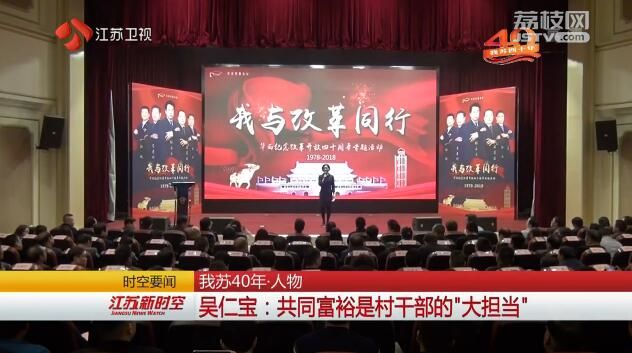
Villagers of Huaxi would keep mentioning the name of their late Party secretary at the Wisdom Forum held every month in the village. Wu, who died five years ago, has maintained his influence over the villagers due to his dedication to work.
Huaxi used to be impoverished when New China was founded. In 1961, Wu Renbao was appointed as secretary of the Party branch of Huaxi. In 1964, he proposed the "15-year plan" goal, aiming to yield one ton of grain per mu over 15 years. By working day and night, Wu and his villagers realized the goal in 1972, five years ahead of schedule.
Wu Renbao wanted more. He had a new goal of making everyone rich and in 1969, he led the villagers to set up a small hardware factory. In that era, the industry was considered by many to be capitalism.
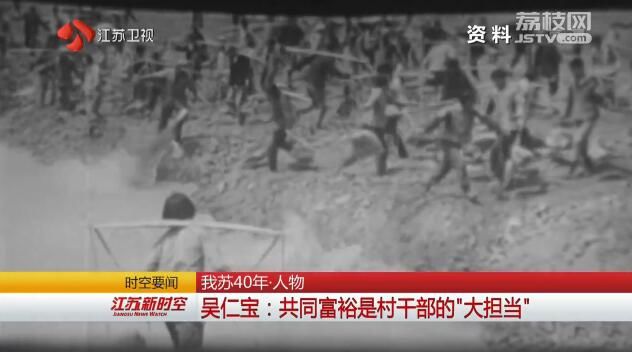
Thanks to Wu’s daring spirit, the small hardware factory achieved an annual output value of nearly 3 million yuan ten years later.
In the early 1980s, Wu Renbao proposed a forward-looking industrial structure adjustment by contracting more than 500 mu of grain fields to 30 farming specialists and transferring most of the labor to the industry.
He also encouraged the villagers to find jobs in cities and after returning to the village, the villagers successively started more than 40 enterprises mainly engaged in metallurgy, textiles and non-ferrous metals.
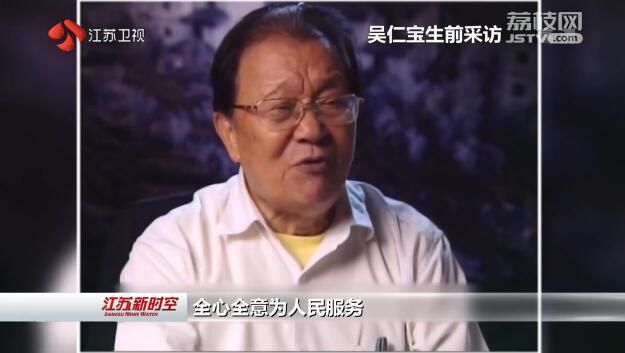
In 1988, the total industrial and agricultural output value of Huaxi Village exceeded 100 million yuan, becoming the first "100 million villages" in Jiangsu Province.
With the dream of common prosperity, Wu Renbao had more than 20 villages in the surrounding areas joining Huaxi in 2001. At the same time, he also helped the poor villages in Heilongjiang and Ningxia to help more villages become rich.
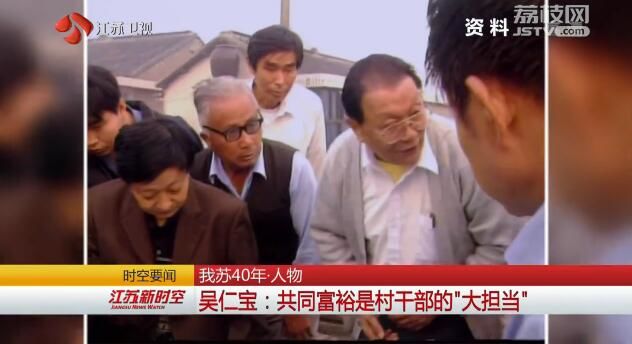
Today's Huaxi Village manages many industrial sectors varying from tourism services to financial investment. The times are changing and the village is changing, but the villagers have not forgotten to inherit the spirit of the late secretary.
(Source: ourjiangsu.com)
